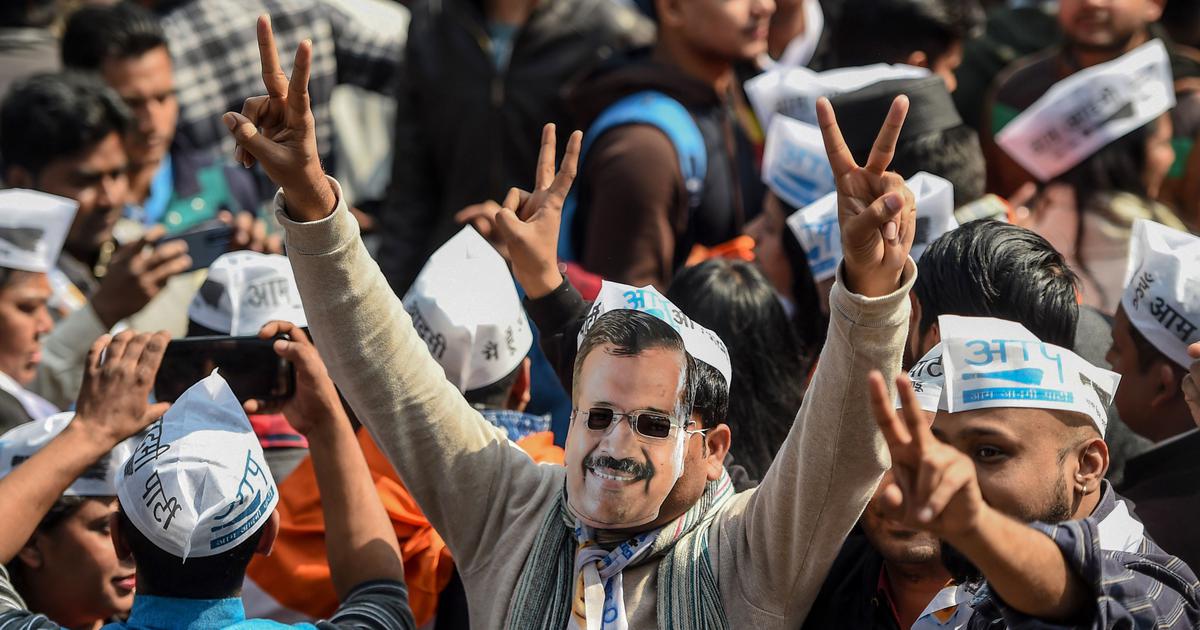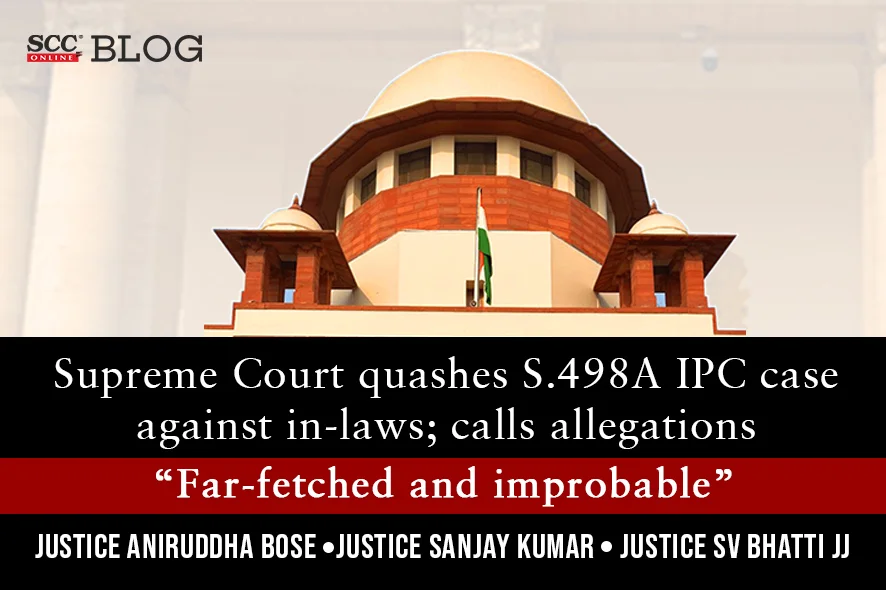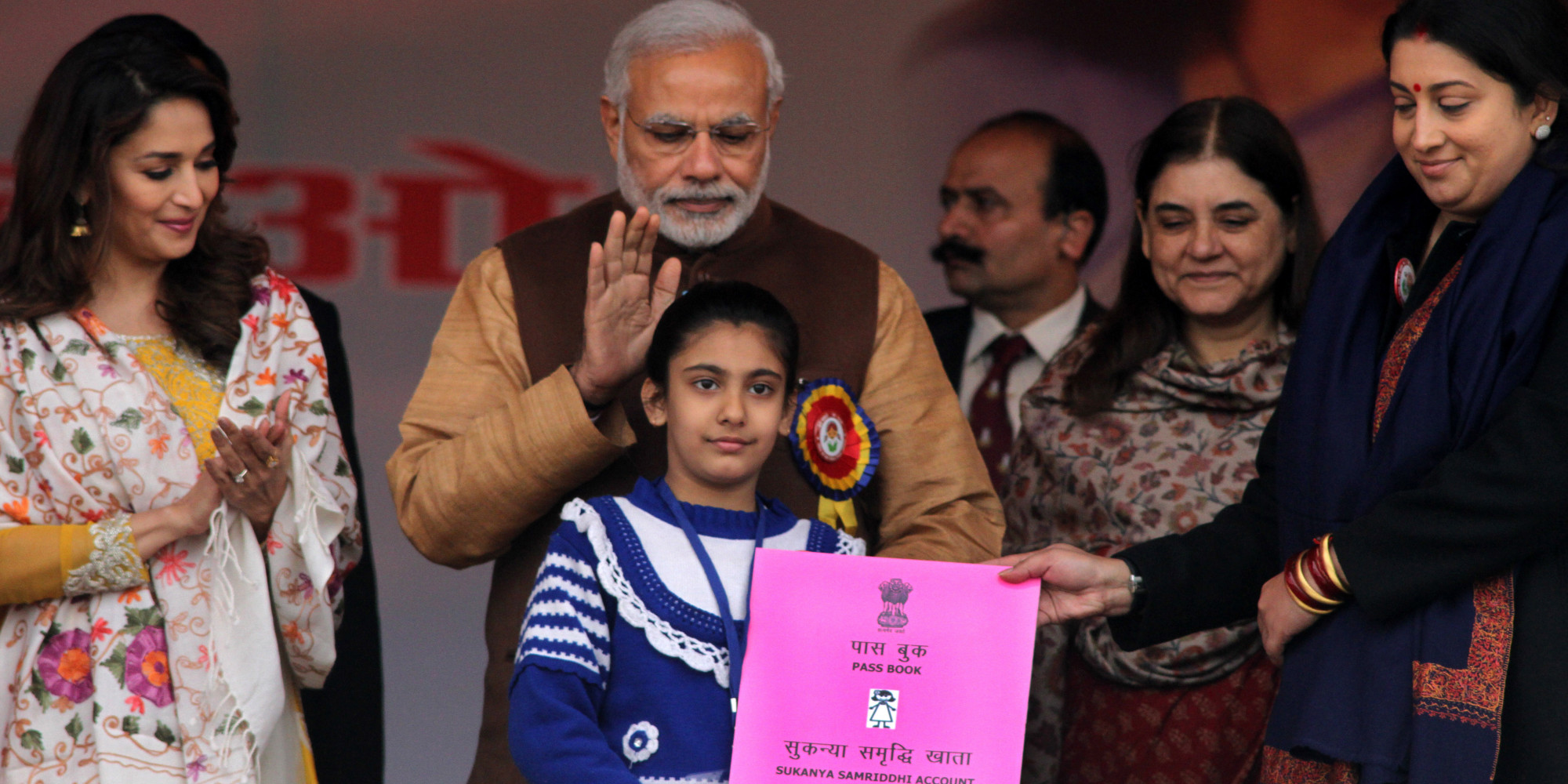


The tragic death of a 36-year-old woman in Ontario sparks controversy after her request for a life-saving liver transplant was denied due to her history of alcohol use. As questions emerge about the decision making process of medical reviews and the ethical considerations at play, the case prompts a larger conversation about the treatment of patients with substance abuse histories in the healthcare system. The incident has also reignited debates on the availability and distribution of organ transplants, and the potential consequences of denying life-saving treatments based on past behaviors.
The Trauma of Denied Organ Transplants: A Deeper Dive
The recent tragic death of a 36-year-old woman in Ontario, Canada, has sparked outrage and controversy after her request for a life-saving liver transplant was denied due to her history of alcohol use. This incident has raised fundamental questions about the decision-making process of medical reviews, the ethical considerations at play, and the treatment of patients with substance abuse histories in the healthcare system.
Background
Organ transplantation is a complex and life-changing procedure that involves replacing a failing vital organ with one donated from a deceased or living donor. The availability of organs for transplantation is limited, and the allocation process is governed by strict ethical and medical guidelines. One of the primary considerations in determining transplant eligibility is the patient's overall health and ability to withstand the surgery and post-transplant recovery.
Historically, patients with substance abuse histories have faced stigma and discrimination in healthcare settings. Their eligibility for organ transplants has often been denied or delayed due to concerns about their adherence to medical treatment, risk of relapse, and potential damage to the transplanted organ.
The Ontario Case
The deceased woman, whose identity has not been released, had a history of alcohol dependence and liver cirrhosis. Despite being a suitable candidate for transplantation based on her medical condition, her request was denied by the medical review board responsible for organ allocation. The board reportedly cited concerns about her alcohol use and the risk that she would not adhere to the transplant protocol.
The woman's family and advocates have expressed outrage over the decision, arguing that she was being denied life-saving treatment based on her past behavior. They have also questioned the fairness of the medical review process, which they believe is biased against patients with substance abuse histories.
Ethical Considerations
The denial of organ transplants to patients with substance abuse histories raises complex ethical questions. On one hand, medical professionals have a responsibility to ensure that transplants are given to patients who are most likely to benefit from them and have the best chance of survival. On the other hand, it is important to consider the impact of past behaviors on current medical needs and whether patients should be penalized for past mistakes.
Top 5 FAQs and Answers
1. Why are patients with substance abuse histories often denied organ transplants?
Patients with substance abuse histories may be denied organ transplants due to concerns about their adherence to medical treatment, risk of relapse, and potential damage to the transplanted organ.
2. Is it fair to deny organ transplants based on past behavior?
The fairness of denying organ transplants based on past behavior is a complex ethical question. Some argue that patients should not be punished for past mistakes, while others believe that it is important to consider the potential risks involved.
3. What is the medical review process for organ transplantation?
The medical review process for organ transplantation is designed to assess the patient's overall health, medical history, and ability to withstand the surgery and post-transplant recovery. It also includes an evaluation of the patient's psychosocial status, including their history of substance abuse.
4. What can be done to improve the treatment of patients with substance abuse histories in the healthcare system?
There are a number of things that can be done to improve the treatment of patients with substance abuse histories in the healthcare system, including reducing stigma, providing access to addiction treatment, and implementing peer support programs.
5. What are the long-term consequences of denying organ transplants to patients with substance abuse histories?
Denying organ transplants to patients with substance abuse histories can have both physical and psychological consequences. Physically, it can lead to death or disability. Psychologically, it can result in feelings of hopelessness and despair.
Conclusion
The tragic death of the 36-year-old woman in Ontario has highlighted the ongoing challenges faced by patients with substance abuse histories in the healthcare system. It is imperative that we address the stigma and discrimination that they face and work towards a more equitable and compassionate system that values all lives equally.

A popular subreddit focused on Michigan has banned direct links to X content in response to multiple requests from users concerned about Elon Musk's use of a gesture that some consider to be a Nazi salute. The ban originally began among sports Reddit groups after Musk's actions during Donald Trump's inauguration events, and has since spread to non-sports forums. However, the group's moderators have clarified that members can still share screenshots of X content. This decision comes amidst ongoing discussions about the use of this salute and its potentially offensive connotations.

In a public rally, Uttar Pradesh CM Yogi Adityanath challenges Delhi CM Kejriwal and his ministers to take a bath in the highly polluted Yamuna river, highlighting the poor condition of the river. Adityanath and his ministers have taken a holy dip in the clean waters of Triveni Sangam at the Maha Kumbh Mela in Prayagraj. Adityanath also takes a dig at Kejriwal's unfulfilled promise to clean the river, criticizing Delhi's poor infrastructure and presence of Bangladeshi infiltrators in the city. In a quick response, Kejriwal suggests Adityanath to focus on improving education in UP instead of taking a dip in Yamuna.

As India celebrates the 128th birth anniversary of Netaji Subhas Chandra Bose, also known as Parakram Diwas, we remember his unwavering dedication to the fight for India's independence through his famous quotes, speeches, and slogans that continue to inspire generations. His beliefs in the destiny of India, the value of freedom, and the need for both military and spiritual training for a true soldier, serve as reminders of his enduring legacy. As we pay homage to this iconic figure, let's strive to build a new India based on principles of social justice and economic equality, in line with Netaji's vision.

Congress party unveiled their new campaign song, "Har Jarurat Hogi Puri, Dilli Mein Congress Hai Jaruri," as they seek to promote their vision for Delhi and criticize the incumbent AAP government. The 2.48 minute anthem addresses local issues and makes promises for the city's improvement, while also accusing AAP of broken promises and neglecting pressing issues. Party leaders believe the anthem reflects the growing frustration of Delhi residents and showcases Congress as the party with solutions for the city's problems.

The Union Public Service Commission (UPSC) announced the notification for the Civil Services Examination (CSE) 2025, with 979 positions available for candidates. Unlike previous years, the notification was released in January instead of February. Details and application process can be found on the official UPSC website. Comparatively, the number of vacancies this year has decreased from last year's 1,056 for CSE and 150 for the Indian Forest Service (IFoS).

In a recent case, the Kerala High Court clarified that blanket allegations of cruelty made by a married woman against her in-laws are not enough to trigger criminal charges under Section 498A of the Indian Penal Code (IPC). However, the court also stated that these allegations cannot be automatically dismissed as a rule, and each case should be evaluated individually. This ruling by the High Court will have a significant impact on future cases involving allegations of domestic violence in India.

The Union Cabinet has approved an increase in the Minimum Support Price (MSP) of raw jute for the 2025-26 marketing season, providing a 66.8% return over the average cost of production. This move aims to benefit jute farmers and promote sustainable agricultural practices. In addition, the Cabinet also approved the continuation of the National Health Mission (NHM) for another five years.

As the Beti Bachao Beti Padhao (BBBP) initiative completes 10 years, PM Modi praises its success in empowering girls and achieving gender equality. The initiative, which aims to promote education and prevent gender-biased sex-selective elimination, has seen significant improvements in child sex ratios in previously low performing districts. PM Modi credits the efforts of various communities and organisations for this progress and urges continued commitment towards creating a society where girls can thrive without discrimination.

United States President Donald Trump stirs controversy once again as he announces a "full and unconditional" pardon for Ross Ulbricht, the founder of the infamous dark web marketplace, Silk Road. Trump credits the Libertarian Movement for his decision, praising them for their support during his presidency. He also takes a jab at his political opponents, accusing them of being involved in Ulbricht's conviction. This move raises questions about the president's motives and his stance on illegal activities in the digital world.

At the 'Gandhi Bharat' event, Congress President Mallikarjun Kharge lauded Priyanka Gandhi Vadra, likening her to iconic freedom fighters such as Kittur Rani Chennamma and 'Jhansi Ki Rani' Lakshmi Bai. He also accused Union Home Minister Amit Shah of disrespecting the Indian Constitution and B R Ambedkar, to which Shah responded by denying the claims. Kharge used the event as an opportunity to criticize the BJP's manipulation of history and discriminatory actions towards marginalized communities.